http://english.ahram.org.eg/NewsContent/9/40/287937/Heritage/Ancient-Egypt/Archaeologists-unveil-two-major-discoveries-in-Upp.aspx
Archaeologists unveil two major discoveries in Upper Egypt's Tel Edfu and Kom Ombo
A Fifth Dynasty royal administrative complex at Tel Edfu and two Ptolemaic era stelae at the Kom Ombo temple are among the finds
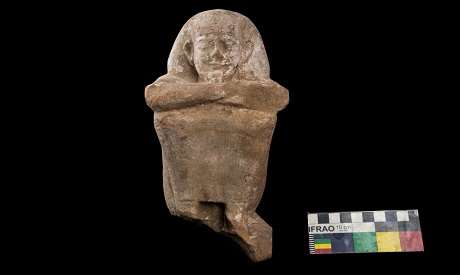
At the Tel Edfu archaeological site, a joint Egyptian-American archaeological mission with researchers from The University of Chicago has uncovered the late Fifth Dynasty (2498–2345 BCE) administrative complex.
Mostafa Waziri, secretary-general of the Supreme Council of Antiquities, described the newly discovered complex as "the oldest archeological evidence to be found in Tel Edfu till now."
Prior to the find, the earliest known evidence at the site dated to the second half of the Sixth Dynasty (2345–2181 BCE), according to Waziri.
According to Nadine Moeller, head of the American mission, the complex sheds light on the royal expeditions organized during the Fifth Dynasty reign of King Djedkare Isesi, who reigned from the late 25th to the mid-24th century BCE.
Gregory Marward, the mission's co-director, pointed out that a collection of 220 mud brick stamps of King Djedkare Isesi were found inside the complex.
The site was also used as a storehouse for goods retrieved on King Isesi's famous royal expeditions to Wadi Al-Maghara in South Sinai to extract raw materials, especially copper.
King Isesi also ordered a famous expedition to Punt, an ancient kingdom on the Horn of Africa, to retrieve goods not available in Egypt.
Also found at the site was an official list of the names of the workers who participated in the excavation and mining expeditions, including a commander by the name of "Sementio."
Nubian pottery and shells from the Red Sea were also found, as well as fragmentary evidence of mining activities.
Moeller told Ahram Online that she considers this the most important discovery at Tel Edfu since the current mission began excavating the site 2014.
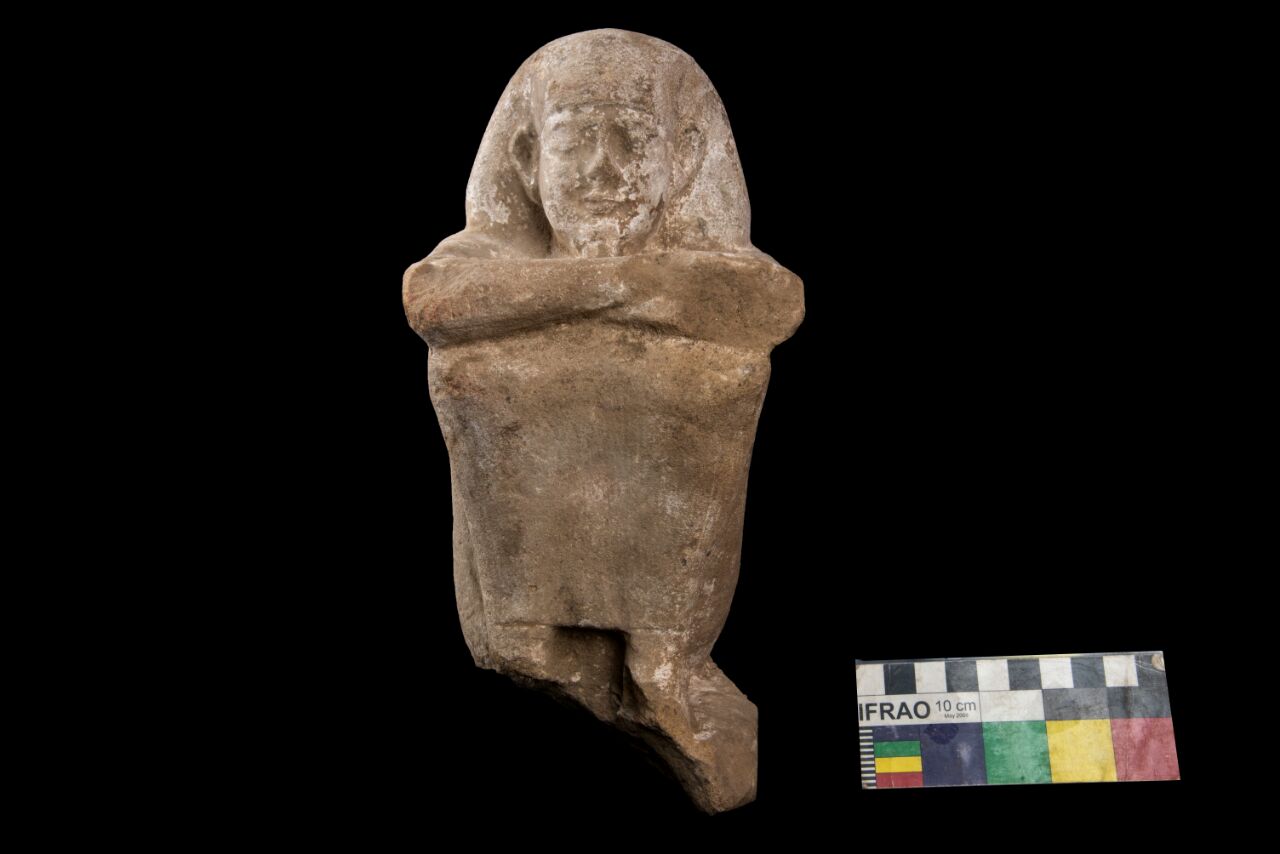
Finds at Kom Ombo
Meanwhile, an Egyptian archaeological mission working on the dewatering project in Aswan's Kom Ombo temple has discovered four ancient artefacts on the temple's western side.
Ayman Ashmawi, Head of the Egyptian Antiquities Sector at the Ministry, told Ahram Online that the discovered artefacts include a limestone stele depicting a man and his wife presenting offerings to a seated deity.
The stele measures 40-by-27 cm and the upper part of its left side is missing. A sandstone statue depicting a seated man was also found, as well as two sandstone statues of the god Horus in the form of falcon which lacks any inscriptions.
The Temple of Kom Ombo was constructed during the Ptolemaic Dynasty between 180-47 BCE, during Egypt's Hellenistic period.
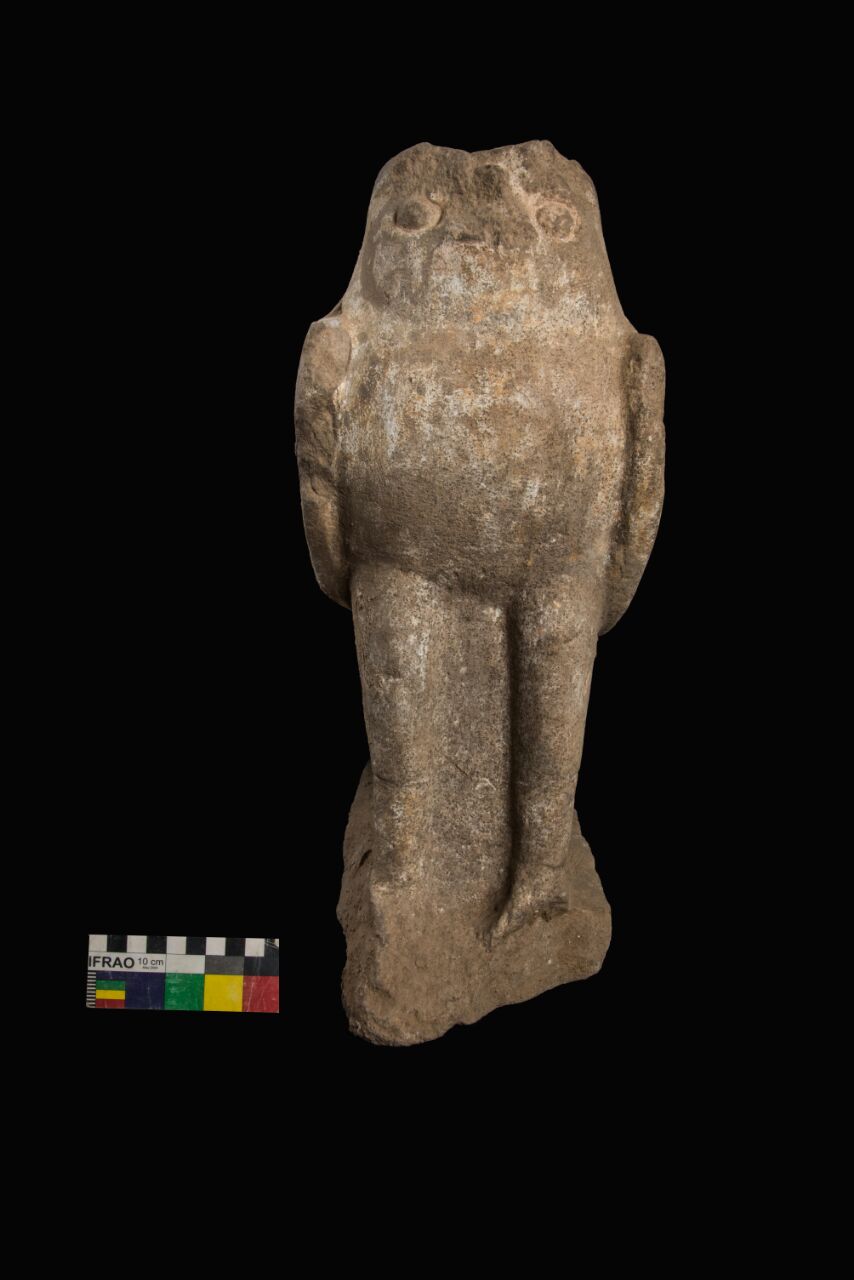
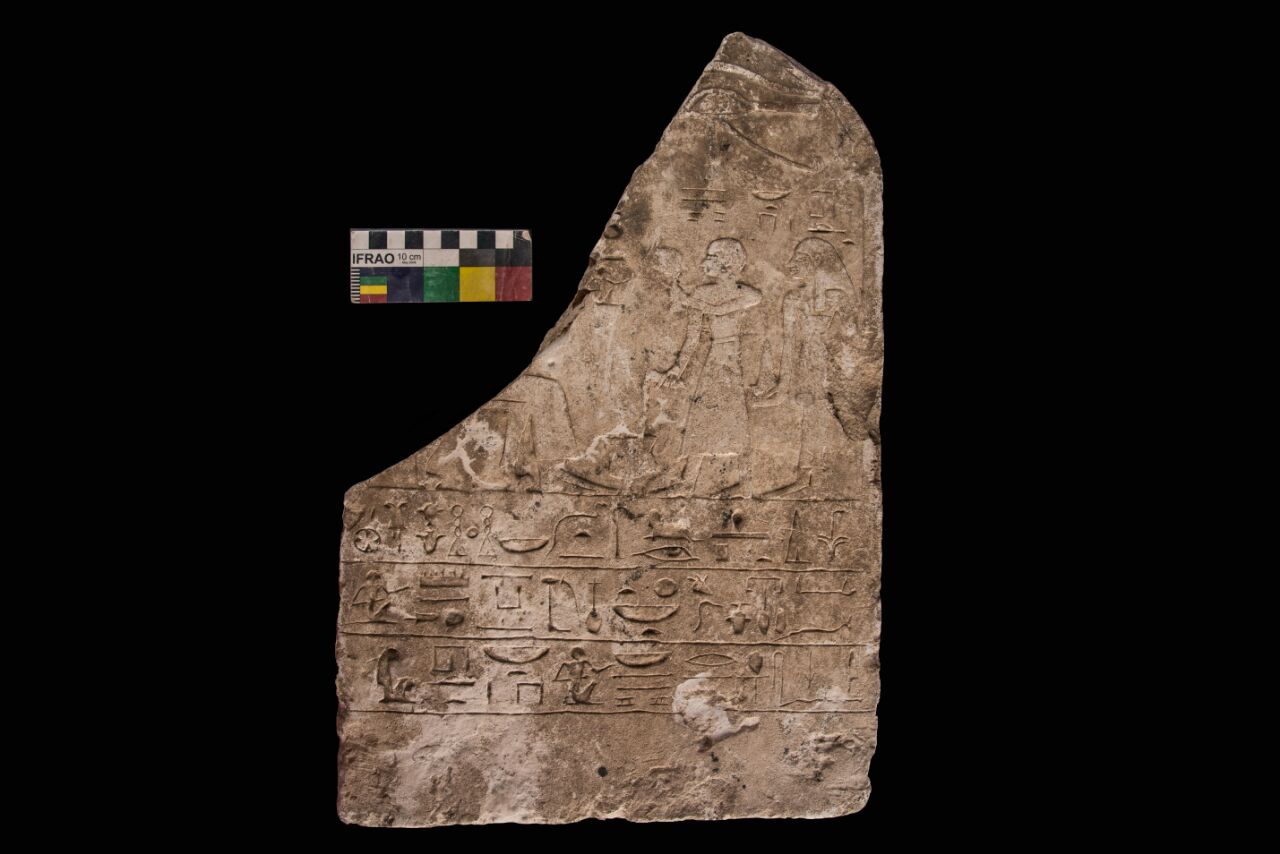
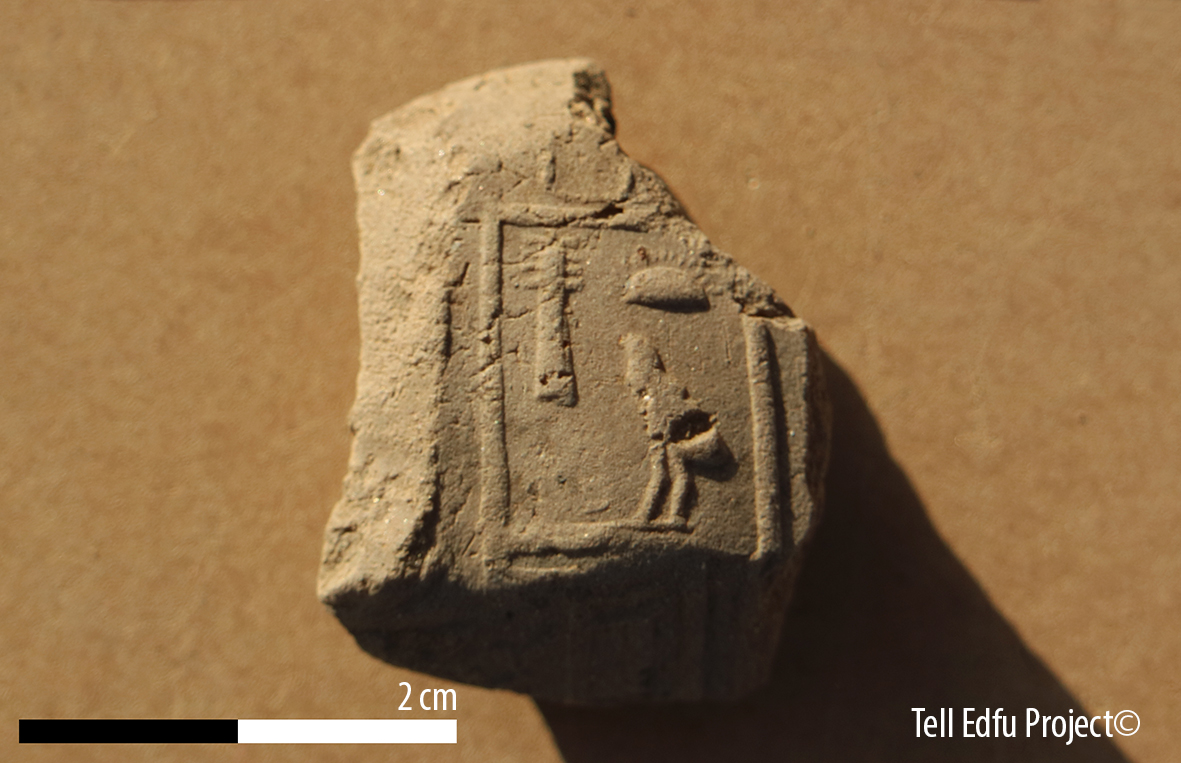
-- Sent from my Linux system.
No comments:
Post a Comment